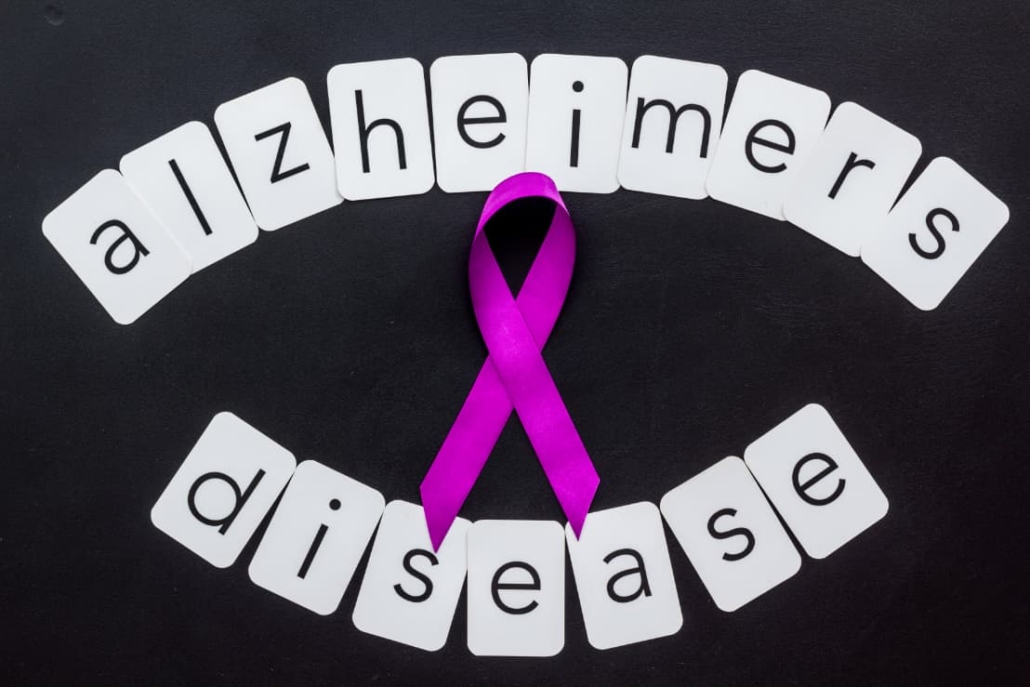New Alzheimer’s drugs may have limited population-level impact, researchers warn
Cambridge scientists question whether recently approved amyloid immunotherapy treatments for Alzheimer’s disease will significantly reduce the condition’s burden, citing concerns about efficacy, safety, and health system challenges.
A new analysis by researchers at the University of Cambridge casts doubt on whether recently approved amyloid immunotherapy drugs for Alzheimer’s disease will have a meaningful impact on reducing the condition’s burden at a population level. The study, published in the journal Alzheimer’s & Dementia [1], examines the clinical, population health, and health system challenges associated with these new treatments and concludes that significant hurdles remain before they can be expected to substantially alleviate Alzheimer’s morbidity on a large scale.
Clinical efficacy and safety concerns
The researchers critically evaluated data from phase III clinical trials of lecanemab and donanemab, two amyloid immunotherapy agents recently approved by the US Food and Drug Administration (FDA) for treating early Alzheimer’s disease. While these trials reported statistically significant reductions in cognitive decline compared to placebo, the absolute effect sizes were small and below previously established thresholds for minimum clinically important differences.
The study authors note that the drugs are associated with significant adverse events, particularly amyloid-related imaging abnormalities (ARIA) involving brain oedema and/or haemorrhage. These occurred in approximately 3 out of 10 participants receiving the treatments. While most cases were asymptomatic, the long-term effects of these abnormalities remain unknown.
“If these drugs are approved by regulators in the UK and Europe, and become available, it is understandable that some people with early Alzheimer’s will still want to try these drugs, given their despair living with this dreadful disease,” said Professor Edo Richard, co-author of the study. “But there is a lot of hyperbole around the reporting of these drugs, and significant effort will be needed to provide balanced information to patients to enable informed decisions.”
Population representativeness challenges
A key concern highlighted in the analysis is the mismatch between the highly selected trial populations and real-world Alzheimer’s patients. The researchers cite a study suggesting that only about 8% of individuals with mild cognitive impairment or mild dementia in the community would meet the eligibility criteria used in the lecanemab trial.
Trial participants were also significantly younger than typical Alzheimer’s patients, with mean ages of 71-73 years compared to 80-85 years for real-world diagnosis. The exclusion of individuals with significant comorbidities or co-pathologies further limits the generalisability of trial results to broader patient populations.
Lead author Dr Sebastian Walsh commented: “If approved, the drugs are likely to be relevant only for a relatively small cohort of Alzheimer’s patients, so potential recipients will need to undergo a range of assessments before being given access to the drugs. Plus, effect sizes seen in the trials are very small and the drugs will need be administered as early in the disease process as possible, when symptoms are mild – and people in these phases of disease can be hard to identify.”
Health system implementation challenges
The study also highlights the substantial resource requirements for implementing these treatments, even if approved only for a narrow subset of patients. Determining eligibility would require specialist clinical assessments, biomarker testing, and brain imaging for a much broader group of individuals than those who would ultimately receive treatment.
Professor Carol Brayne, Co-director of Cambridge Public Health, said: “Even in high-income countries, rolling out such types of treatments at scale is highly challenging, but most dementia occurs in low- and middle-income countries. Health systems in these countries are highly unlikely to have the resources required to offer these new drugs, even to a very narrow group.”
The researchers question whether allocating significant healthcare resources to these treatments represents the best use of limited funds, given the strain many health systems are already under and the large proportion of Alzheimer’s patients who would be ineligible.
Future perspectives and conclusions
While acknowledging the urgent need for effective treatments to support people living with dementia, the study authors conclude that based on current evidence, it remains far from clear whether amyloid immunotherapy can significantly reduce suffering caused by dementia at a population level.
The researchers caution against premature implementation of population screening programmes for asymptomatic individuals, noting the high prevalence of amyloid pathology in older adults and the current lack of evidence supporting interventions in pre-symptomatic populations.
“With an ageing population, we urgently need effective ways to support people living with dementia, but while the current amyloid immunotherapies may show a glint of promise for very selected groups, it’s clear these drugs will not address dementia risk at scale,” Prof. Brayne added.
The study authors call for continued exploration of alternative approaches to addressing the growing burden of Alzheimer’s disease and dementia, emphasising the need for strategies that can have a broader impact on population health.
Reference:
- Walsh, S., Merrick, R., Milne, R., et. al. (2024). Considering challenges for the new Alzheimer’s drugs: Clinical, population, and health system perspectives. Alzheimer’s & Dementia, 1-8. https://doi.org/10.1002/alz.14108


